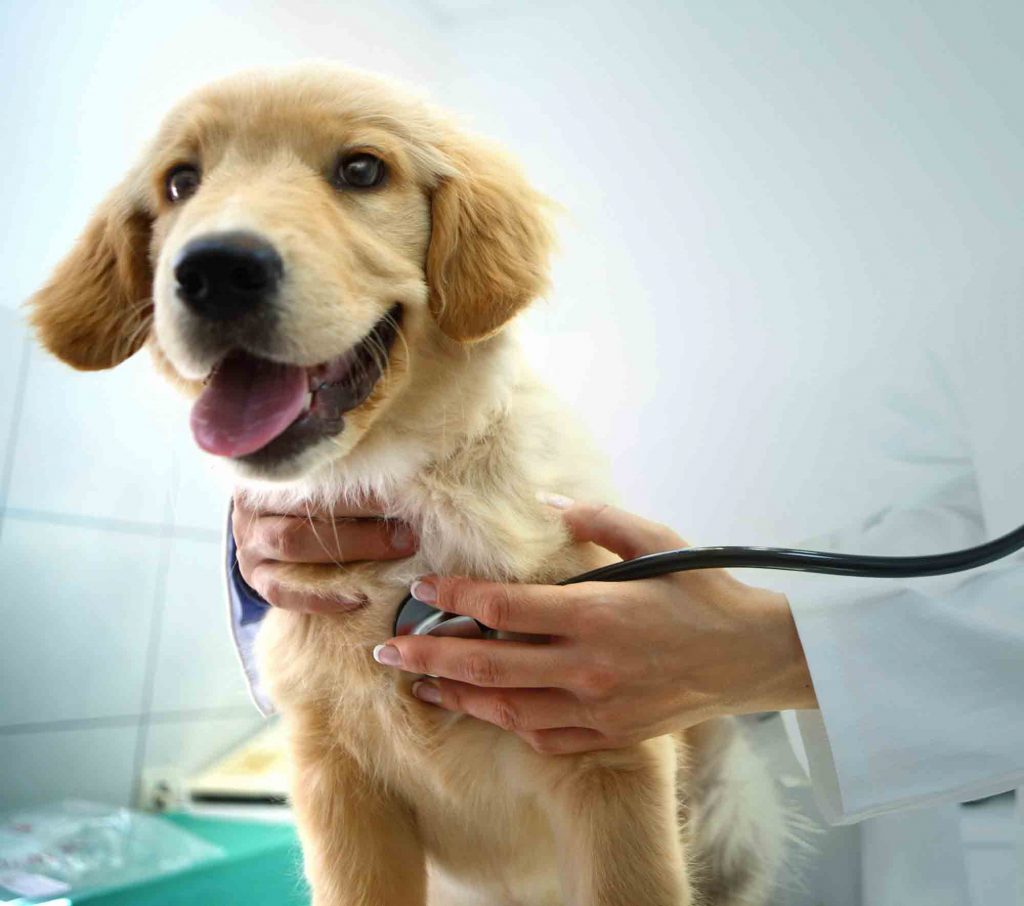A Focus On Healing: Post-Surgical Pet Care Basics
 The days and weeks that follow any surgery are a time of rest and recovery, and having a loving and supportive caretaker at home is an absolute must. Depending on the type of surgical procedure your pet has undergone, as well as their age and overall health, they will have specific postoperative requirements that must be adhered to for optimal healing.
The days and weeks that follow any surgery are a time of rest and recovery, and having a loving and supportive caretaker at home is an absolute must. Depending on the type of surgical procedure your pet has undergone, as well as their age and overall health, they will have specific postoperative requirements that must be adhered to for optimal healing.
Here at Lone Tree Veterinary Medical Center, we do our part to make sure that you’re equipped with the discharge instructions, medications, and postoperative checkups that your pet needs, but the majority of post-surgical pet care relies on how you care for your pet at home.
Post-Surgical Pet Care
When your pet is discharged from our hospital, you will be given detailed instructions on how to care for your pet at home. Your pet’s recovery depends on the supportive care it receives from you and other family members, and includes the following:
- Rest and relaxation – Depending on your veterinarian’s instructions, your pet may need confinement, or limited movement and activity for a number of days or weeks to ensure that an incision or wound heals properly. Make sure that your pet’s resting place is warm, dry and comfortable, and in a quiet area of the home.
- Easy access – Ensure that your pet’s food and water (if not restricted) is in an easy-to-reach location, and that your pet will not have to navigate obstacles such as stairs, furniture, or floors with slippery surfaces (tile, wood) in order to reach its food. If your pet has limited mobility, be sure you are prepared to help your pet go outdoors on a short leash (if a dog) or to the cat box (if a cat) at potty times. This will require a bit more planning or someone else to help if your pet is too heavy for you to safely carry.
- Medications – Follow your veterinarian’s instructions for the administration of pain medications and/or antibiotics, and always finish the course of medications, unless otherwise directed by your veterinarian. Never increase, decrease or alter your pet’s medication, or attempt to substitute with home remedies. Questions about your pet’s medications or alternative home remedies should always be discussed with your veterinarian. Making such changes on your own could be harmful or even fatal to your pet.
- Wound care – Preventing your pet from licking or chewing at an incision and keeping the area clean and dry are essential during post-surgical home care. We have both fabric and plastic elizabethan collars, as well as protective leg covers and support slips available for purchase, if you need help with this. Give us a call immediately if you notice drainage, swelling, redness, or odor associated with your pet’s incision or wound site, as this indicates a problem that needs to be addressed with our medical staff.
Be Your Pet’s Advocate
It’s important to closely monitor your pet after surgery and to be on the alert for signs of trouble, such as changes in appetite, elimination problems, pain, or decrease in energy. If you notice anything troubling, or even just feel that something is off with your pet, please don’t hesitate to give us a call and speak with our medical staff about it.
Making Time for Fun
Confinement after surgery is necessary, but things can get boring for your pet rather quickly. Providing your pet with some mental stimulation can go a long way toward reducing boredom and anxiety, and can help to keep your pet from becoming obsessed with or attempting to chew at its incision. Talk with your veterinarian about the use of food puzzles, safe chews and toys, or treat-filled Kongs as a way to keep your pet occupied during the healing process. Be sure to always supervise your pet when it is playing with toys or chews to ensure that parts are not torn off and swallowed.
Caring for your pet following surgery can be overwhelming, but rest assured that the staff at Lone Tree Veterinary Medical Center is here for you! Contact us at any time with your questions or concerns about post-surgical care for your pet.



